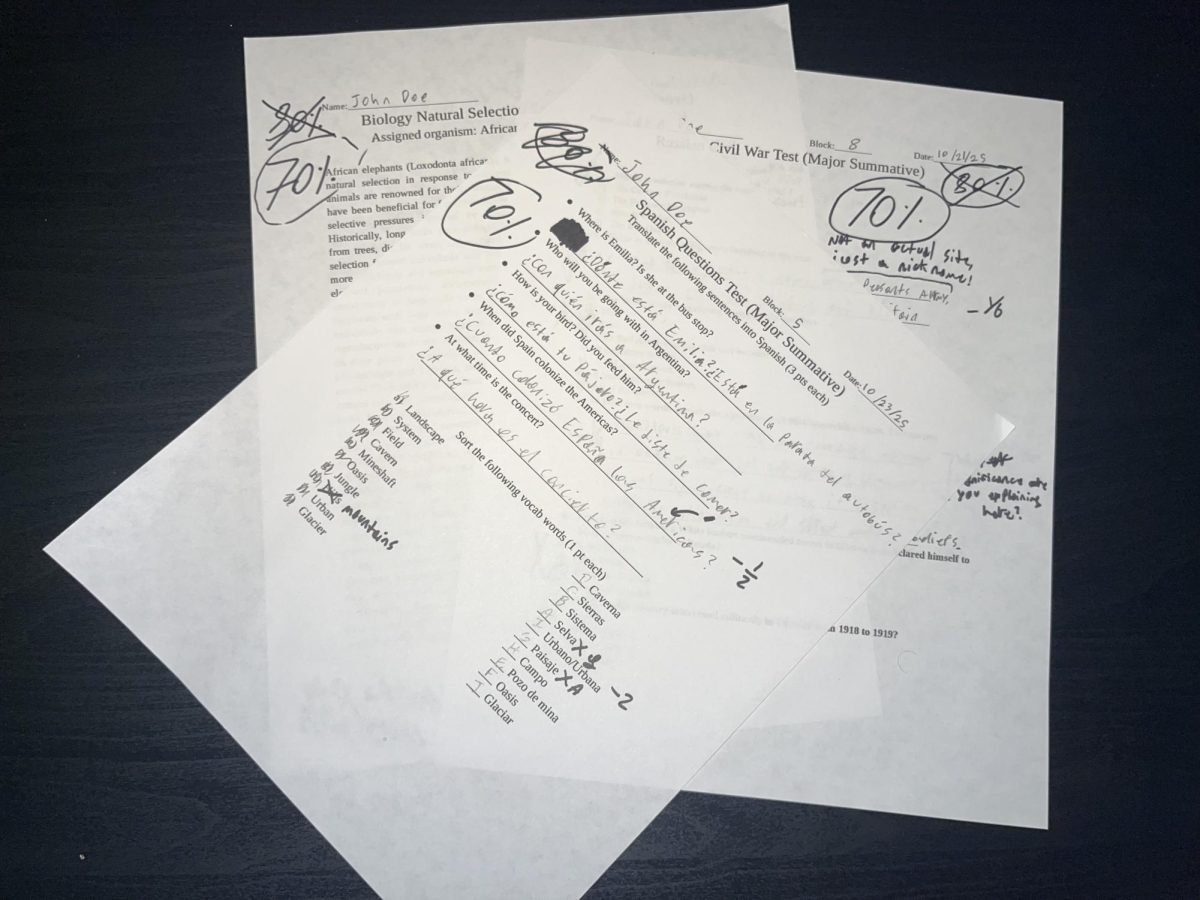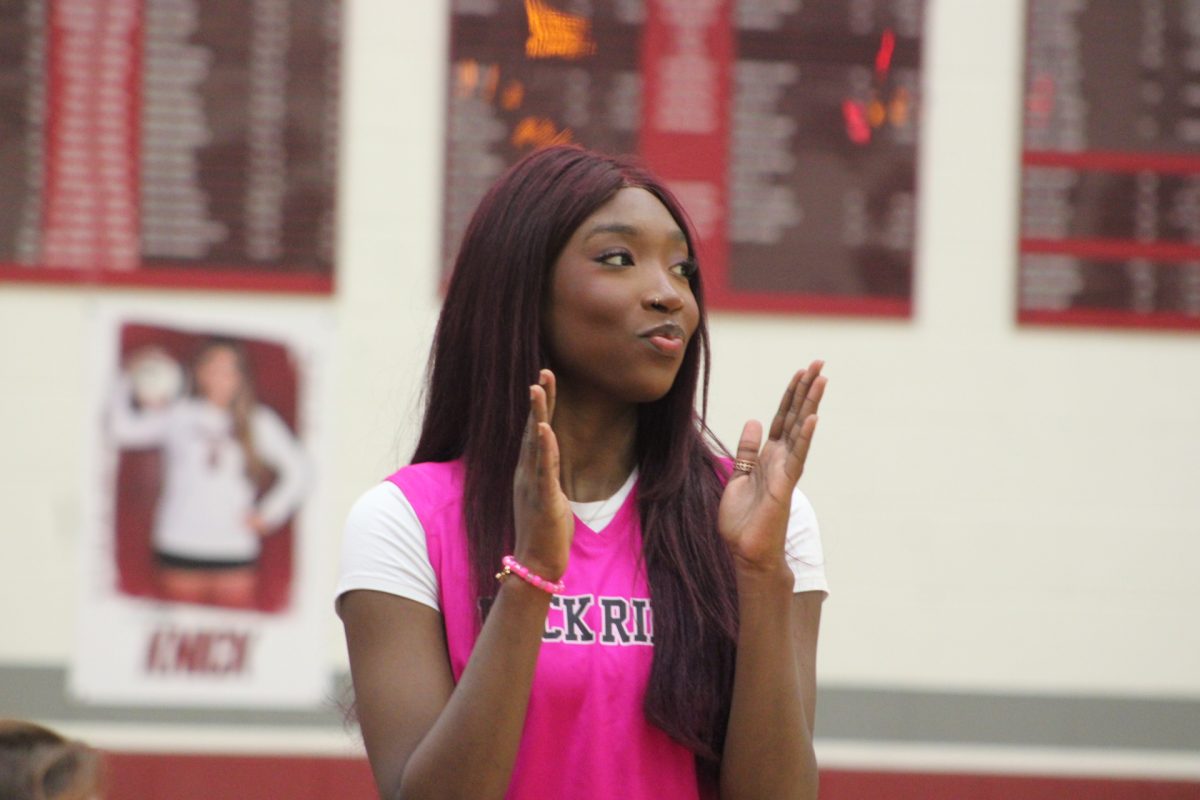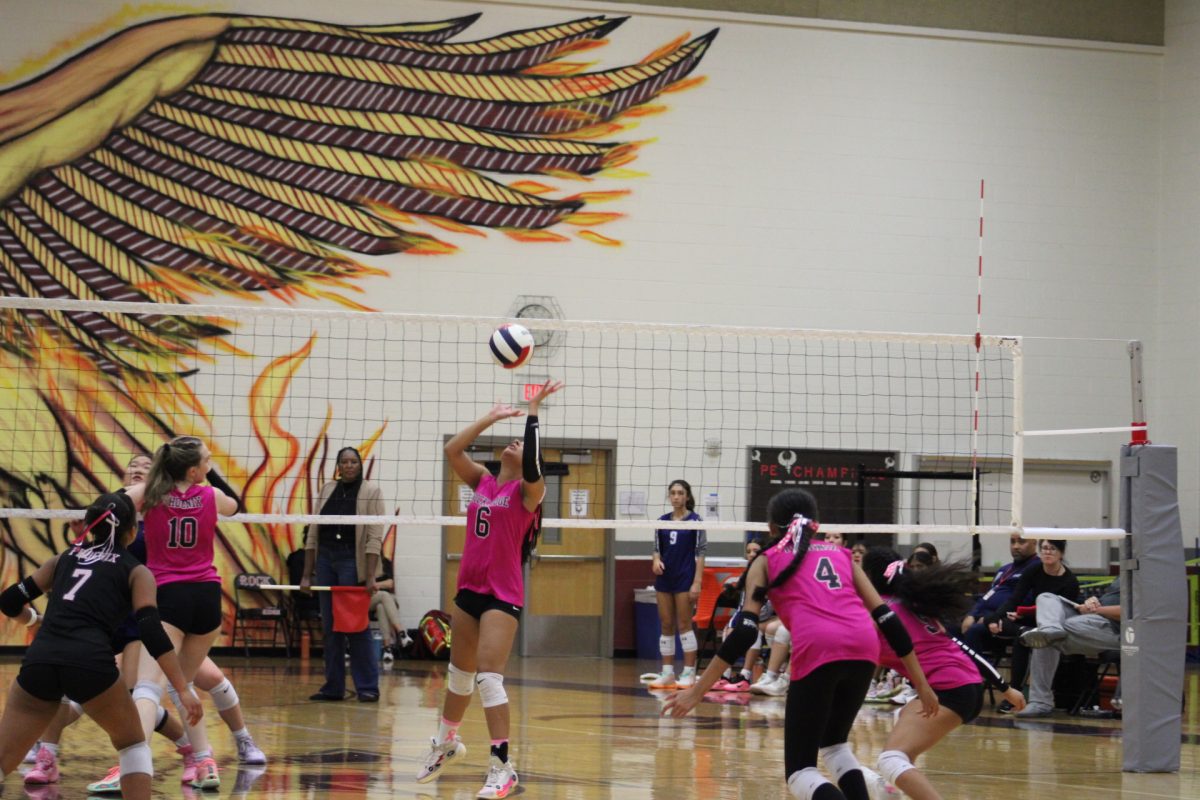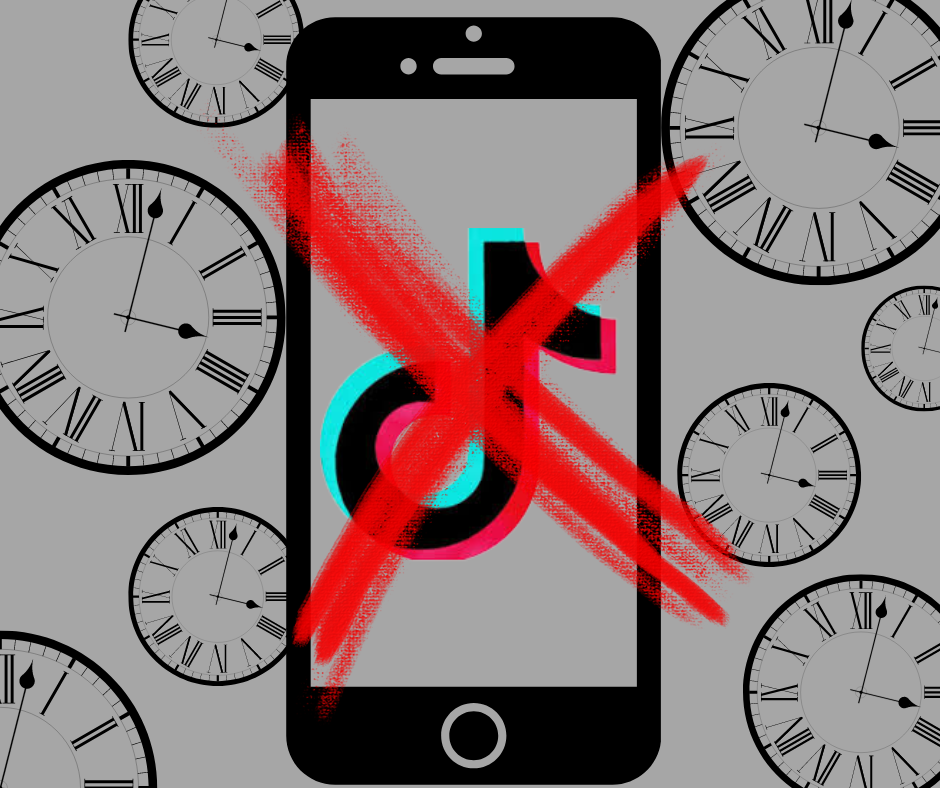It seems like everyone has TikTok. From elementary school children to grandmothers, there are about 150 million US users on the platform to date. From its viral content to its new emerging trends, TikTok has been competing against long-standing social media platforms such as Instagram and X to gain users’ attention. However, recently, legislation has been signed by Congress and then by President Joe Biden that requires TikTok’s parent company, ByteDance, to either sell TikTok to an American owner or risk being banned in the US. So how did trendy dances and funny videos lead to this?
Humble Beginnings
TikTok was first introduced to the world by the Chinese-based company, ByteDance, back in 2016. Before that, ByteDance had success after success as their social media platforms became a massive hit across China. In 2017, the company had the idea to make a Western version of their video-sharing app Douyin. It soon got named TikTok, and by November 2017, ByteDance had managed to acquire the popular social media platform, Musical.ly for $1 million. They merged the two platforms together, and was renamed TikTok.
In 2019, as TikTok became more popular, it led to the rise of many new artists, such as Lil Nas X, Bella Poarch, Tyla, and so many more due to their songs becoming viral sounds. This also caused a massive surge of people wanting to join the app so they could interact with their favorite artists.
Controversial?
From data breaches to privacy violations, social media platforms have gotten into some form of controversy or scandal, like the 2021 Facebook data breach. TikTok is no stranger to conflict.
The earliest one happened back in September 2019 when the Hong Kong democracy protests were happening. Videos went viral on social media, but there were little to none o/n TikTok, which led The Guardian to believe that TikTok censors videos that “do not please Beijing.”
In October of the same year, US politicians were concerned about TikTok’s influence over people and started calling for investigations to take place on TikTok and many other Chinese-owned apps. Soon after, in December, the Pentagon suggested that all US officials delete TikTok from personal and government-issued devices.
In 2020, viruses and wildfires weren’t the only things in the air as controversies and allegations against TikTok came out. Along with this, former President Donald Trump considered banning the app. In August of that year, he issued a vague executive order banning American companies from dealing with ByteDance and other Chinese companies.
Soon after, he issued a second demand ordering ByteDance to divest itself of TikTok’s US. operations within 90 days. ByteDance soon responded by suing the Trump administration for alleged violation of due process. This trial, however, never came into place, as Trump focused on beating his adversary, former vice president Joe Biden in the upcoming elections of that year, in which he lost.
From Fun and Innocent to a National Security Threat?
In November of 2020, current President Joe Biden was elected just as Trump planned to force a sale on TikTok. However, this plan was unsuccessful, as in February of the same year, Biden halted all cases against TikTok, which included Trump’s plans and the lawsuit against the Trump Administration.
Controversy didn’t come up until June 2022, when Buzzfeed News reported that ByteDance employees accessed nonpublic information on TikTok users. TikTok then followed up with a vague response stating that they are committed to security. This was also the year that TikTok migrated its user data to US servers, which raises some concerns with officials worried about the risk of Chinese authorities accessing user data.
In December of the same year, FBI director Chris Wrap raised concerns that Chinese officials could manipulate the algorithm of the platform for influence operations. ByteDance also fired four of their employees for accessing data on journalists from Buzzfeed News and The Financial Times.
In 2023, the White House gave orders for all federal agencies to delete TikTok from government-issued mobile devices. In March, legislators interrogated TikTok CEO Shou Zi Chew in a six-hour congressional hearing. During this, congressional members questioned Chew on whether TikTok and ByteDance are resources for the Chinese government, along with questioning Chew if he was in some way affiliated with the Chinese government and if he was a Chinese nationalist, even after Chew informed them that he was a Singapore native and had no affiliations with the Chinese government.
Finally, in March 2024, a bill was passed to ban TikTok from the US. The only way for TikTok to not be banned, is for Bytedance to sell the app to a US company. The bill was eventually signed into law by Biden this April.
Teens’ Thoughts
While TikTok does have a lot of followers, Exploding Topics found that “the largest proportion (25%) of US TikTok users are 10 to 19 years of age.” Rock Ridge High School students are no stranger to TikTok, as many students can be seen scrolling through the app during their breaks and classes. So when the news broke out about the ban, there was a numerous reaction from students, from shock and anger to not caring about it much.
However, there was a group of students who felt like banning TikTok impeded and violated their First Amendment right to freedom of speech. One such student is junior Ryan Desiderio, who thinks that the ban was a shot in the dark. “I think that the US government is using TikTok as a scapegoat because TikTok is based in China and a lot of people in the government right now are influenced by big American companies and propaganda,” Desiderio said.
Desiderio also mentioned how many US politicians use TikTok to convince people, more specifically Gen Z, of their cause. “[Politicians] are being hypocrites because they are willing to use TikTok to gain a following, ” he said. “But the moment they came into office, they decided to ban it. It’s dishonest.”
What Does The Future Hold?
According to Reuters, “a 270-day clock starts” after the bill is signed. During this time, TikTok must sell the app to a US company. However, if a person already has TikTok, they don’t need to be concerned, as the app most likely won’t disappear from their phone when the ban takes place. It is likely that the app will not be able to be updated to the point where the app will be unusable.
This would also mean that the multiple influencers who quit their regular jobs to pursue their passions will lose a lot of money and might even lose their popularity as it’s seen that many influencers have more followers through their TikTok accounts rather than any other of their social media accounts such as Instagram.
Desiderio also doesn’t think people are going to be treated harshly if caught using TikTok via a VPN. “I don’t think there’s going to be anything against the individual,” Desiderio said. “I think that they are going to go and attack big companies and make sure people are not sharing the app rather than using it. If they start to punish people for using the app, then that becomes a whole other issue.”
Teachers, however, find this banning either confusing or a good thing. Math teacher Amina Attab is one of those teachers whose students are always scrolling through the app. “[TikTok] can distract them a lot during their work,” Attab said. “Some of them are really worried about watching those videos, so they can’t find a balance between paying attention in class and going on their phone.”
Although it is apparent that the US and China’s government relationship is tense and mistrustful, many regular civilians don’t care much about the TikTok ban due to the fact that there have been more than many of these threats but were never fulfilled and completed.
Today, TikTok is still available in app stores in the States.
























![The Phoenix varsity volleyball team lines up for the national anthem. “We were more communicative [with each other] during this game, and I feel like we kept our energy up, especially after the first set,” senior Jessica Valdov said.](https://theblazerrhs.com/wp-content/uploads/2024/10/DSC_0202-1200x800.jpg)










![Junior Alex Alkhal pitches the ball. “[I] just let it go and keep practicing so we can focus on our goal for the next game to get better as a team,” Alkhal said.](https://theblazerrhs.com/wp-content/uploads/2025/05/DSC_0013-1-1200x929.jpg)





















